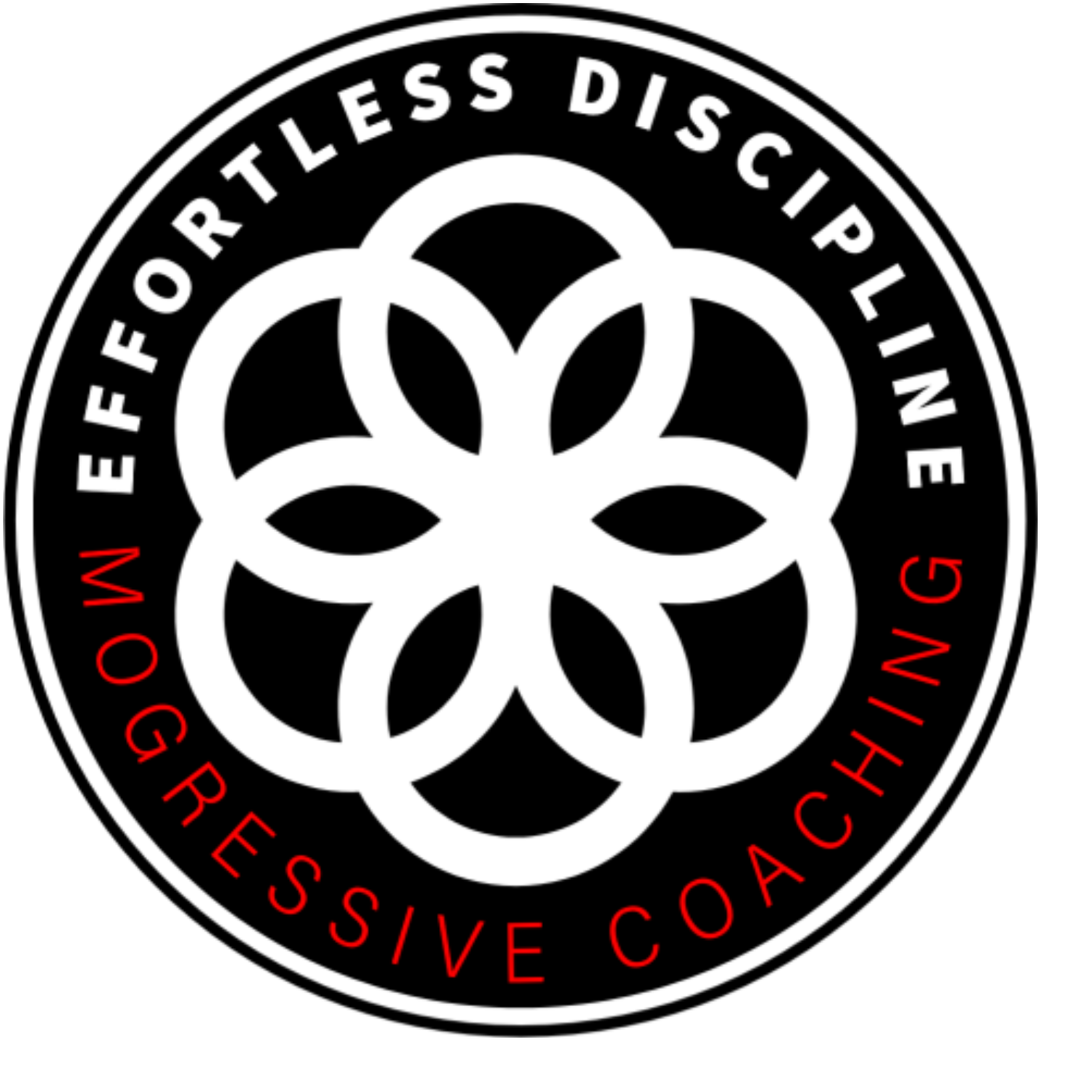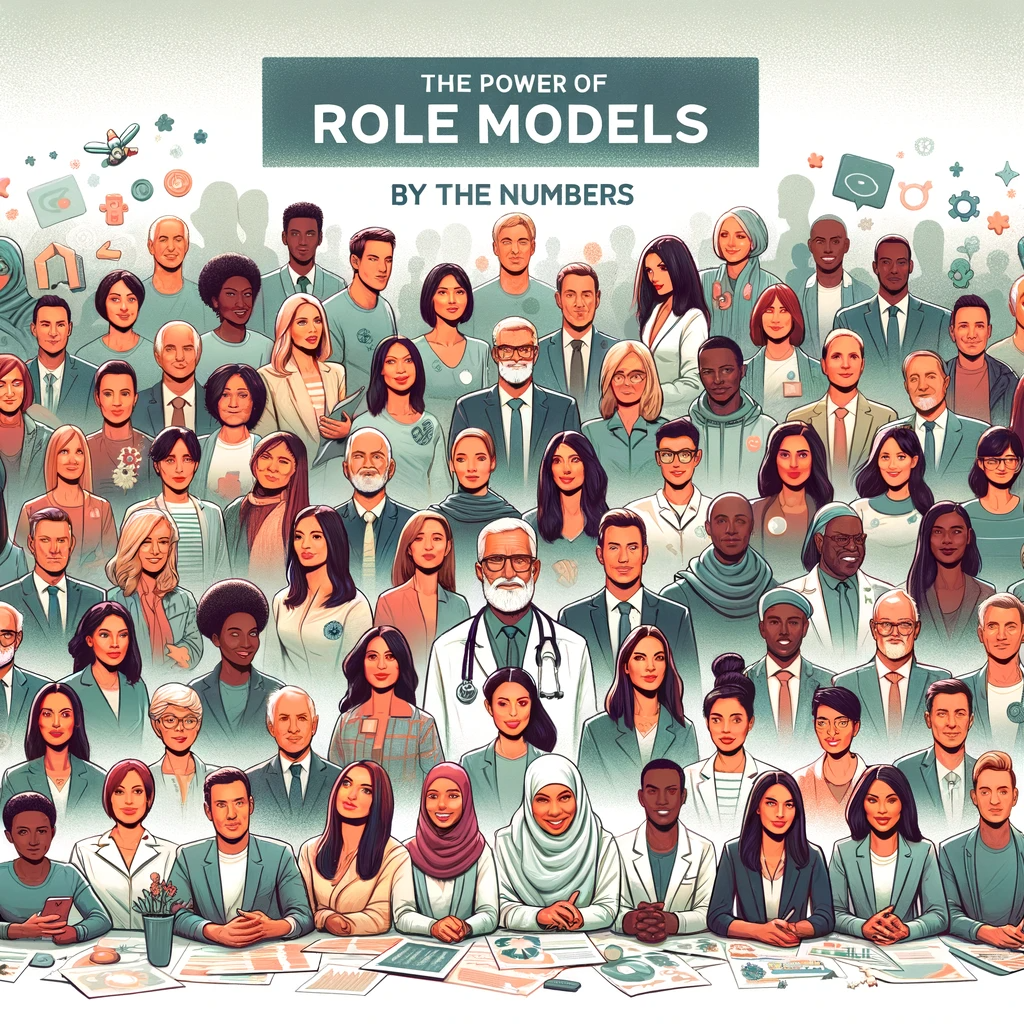The Power of Role Models: 3 Positive Outcomes Guaranteed
Role models play a significant role in our personal and professional development. They inspire, guide, and shape our aspirations. But what does the research say about the impact of role models? In this blog post, we'll explore the data-driven evidence of how having role models can lead to positive outcomes in various aspects of life.
The Impact of Role Models:
Studies have consistently shown the positive effects of having role models. Here's a closer look at the numbers:
Job Satisfaction:
A survey conducted by CNBC and SurveyMonkey found that professionals who had a role model were 17% more likely to report high levels of job satisfaction.
Real-world Example: Sarah, a young marketing professional, attributes her job satisfaction and career growth to her mentor, who served as her role model. "Having a role model in the industry has not only boosted my job satisfaction but also provided invaluable guidance," she says.
Career Clarity:
A study published in the Journal of Vocational Behavior revealed that college students with role models had clearer career goals.
Quote: "My mentor helped me clarify my career goals and encouraged me to pursue my passion. Without her guidance, I wouldn't have the clear direction I have today." – Mark, a recent college graduate.
This study confirmed 3 solid outcomes:
Clarity in career goals
Increased motivation
Influence on decision-making
Academic Success:
Factual Data: The same study in the Journal of Vocational Behavior also indicated that college students with role models achieved better academic outcomes.
Real-world Example: Emily, a college student, looked up to her older sibling as a role model. "Seeing my sister excel academically motivated me to work harder in my studies. Her achievements served as a benchmark for me."
Life coaches provide personalized guidance tailored to individual goals and challenges. According to the International Coach Federation, 86% of individuals who worked with a life coach reported that they gained better clarity about their life goals.
Research conducted by the American Educational Research Association suggests that students who have access to academic coaching services are more likely to achieve higher grades and persist in their studies.
Personal Growth:
Research from the Journal of Personality and Social Psychology suggests that individuals with role models often experience greater personal growth and self-improvement.
Quote: "Having a role model has been transformative for me. I've pushed myself to become a better version of myself each day, inspired by their example." – David, a young entrepreneur.
Key Aspects of Personal Growth through Role Models:
Inspiration and Aspiration:
Role models serve as beacons of inspiration. Their achievements, values, and character traits inspire individuals to set higher personal and professional aspirations. Witnessing someone else's success often ignites a desire for self-improvement.
Behavioral Modeling:
Role models often exhibit behaviors, habits, and practices that individuals seek to emulate. By observing and learning from their role models, people can adopt positive behaviors that contribute to personal growth. For example, if a role model emphasizes discipline and hard work, individuals may incorporate these traits into their own lives.
Overcoming Challenges:
Personal growth often involves overcoming obstacles and challenges. Role models can offer guidance on how to navigate difficulties based on their own experiences. Learning how a role model tackled adversity can provide valuable insights for individuals facing similar situations.
Values and Principles:
Role models often embody strong values and principles. Interacting with or learning about their role models' values can lead individuals to reflect on and refine their own core beliefs. This self-reflection is a fundamental aspect of personal growth.
The Impact of Role Models on Personal Growth:
Research has shown that individuals who have role models tend to experience greater personal growth. A study published in the Journal of Personality and Social Psychology found that individuals with role models reported higher levels of self-improvement and personal development.
Real-world examples abound, demonstrating the transformative power of role models in personal growth:
Jenna, a young artist, looked up to a renowned painter as her role model. Observing the painter's dedication to craft and innovation, Jenna expanded her artistic horizons and developed her unique style.
Alex, an aspiring entrepreneur, admired a successful business leader who had overcome adversity. Drawing inspiration from this role model's journey, Alex persevered through challenges, ultimately achieving his entrepreneurial goals.
Reflective Awareness Questions to Consider
These introspective questions can help you deepen your understanding of the role of role models in your life and inspire further self-improvement and personal development.
Who are the role models in my life, and how have they influenced my personal growth journey?
What specific qualities or attributes of my role models do I admire and aspire to incorporate into my own life?
How can I actively seek out and connect with role models who align with my values and goals?
What challenges or obstacles have I faced in my pursuit of personal growth, and how can I draw inspiration from role models to overcome them?
Have I taken the time to self-reflect on my core values and principles, and how might my role models' values align with or differ from my own?
In what ways can I model the positive behaviors and habits exhibited by my role models to foster personal development?
What achievements or milestones do I envision for my personal growth journey, and how can role models serve as guides along this path?
Have I considered becoming a role model for others in any aspect of my life, and what responsibilities come with that role?
How can I proactively seek mentorship and guidance from individuals who have achieved success in areas I aim to excel in?
What actionable steps can I take today to continue my journey of personal growth and draw inspiration from the lessons shared by role models?
To close out:
The power of role models cannot be understated. Whether in the workplace, academia, or personal life, the influence of role models is backed by data and real-life experiences. They inspire us to reach higher, achieve our goals, and navigate the challenges of life with purpose and determination.
So, whether you're seeking career guidance, academic excellence, or personal growth, consider the impact a role model can have on your journey. As the numbers show, the positive effects are undeniable, and having a guiding star can make all the difference.



